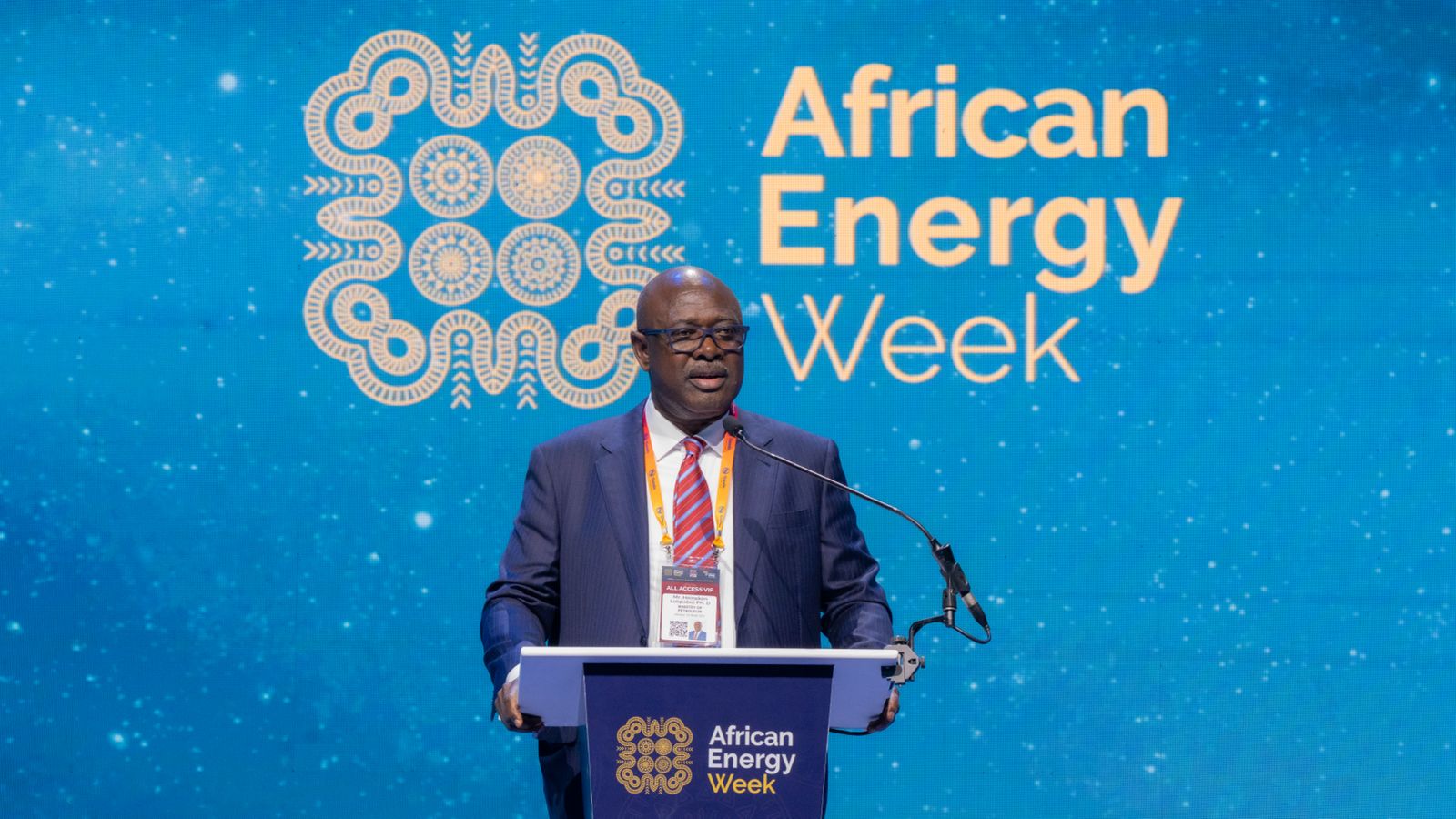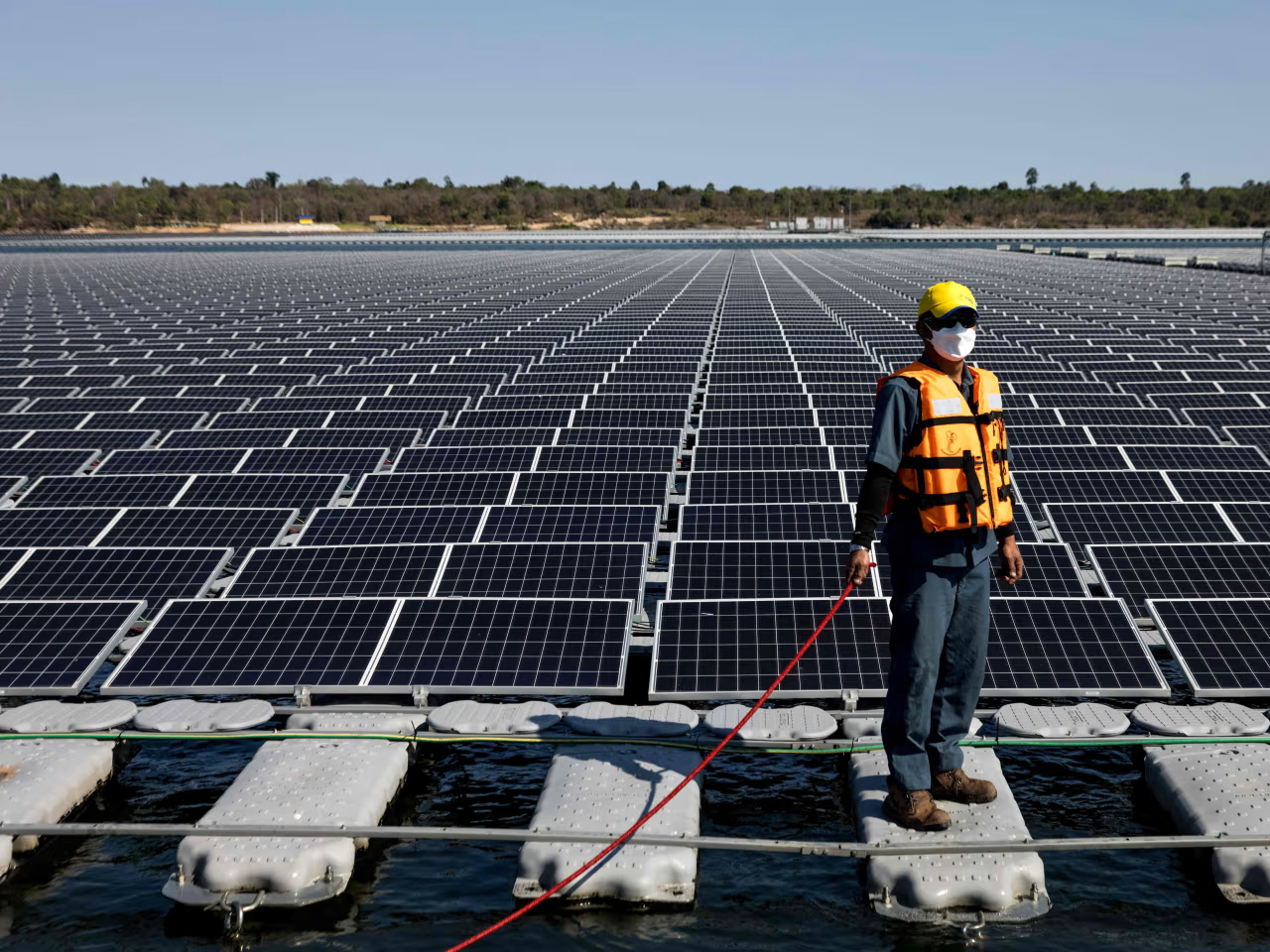Nigeria’s Minister of State for Petroleum Resources, Senator Heineken Lokpobiri, has affirmed that Nigeria remains the path to Africa’s energy security. His statement highlights Nigeria’s vital role in the continent’s energy landscape, emphasizing the nation’s potential to lead in sustainable energy production.
Nigeria’s Energy Potential
Senator Heineken Lokpobiri outlined Nigeria’s vast energy resources, including its significant oil and gas reserves. He noted that these resources place Nigeria in a unique position to address energy needs across Africa. “Nigeria has the capacity to not only meet its own energy demands but also support neighboring countries,” he asserted.
The Minister explained that Nigeria’s strategic location and existing infrastructure make it an ideal energy hub. The country’s extensive pipeline network and refineries can facilitate the efficient distribution of energy resources throughout the continent. “By enhancing our infrastructure, we can ensure a reliable energy supply to our African partners,” Lokpobiri emphasized.
Moreover, Nigeria’s commitment to renewable energy initiatives further strengthens its role in regional energy security. The government is investing in solar, wind, and hydroelectric projects to diversify the energy mix. This approach not only promotes sustainability but also addresses the pressing issue of climate change. “We must embrace renewable sources to secure a greener future for Africa,” he stated.
Collaboration for Energy Security
Heineken Lokpobiri also emphasized the importance of collaboration among African nations to achieve energy security. He called for stronger partnerships in energy production, technology sharing, and investment. “Unity among African countries is essential for maximizing our collective energy resources,” he remarked.
The Minister highlighted the necessity of regional cooperation to overcome challenges related to energy access and distribution. Many African nations face energy shortages, hindering economic growth and development. By working together, countries can leverage their strengths and share best practices. “Collaboration will enable us to create a more integrated energy market,” he added.
Furthermore, Lokpobiri urged private sector involvement in the energy sector. He believes that attracting investments will drive innovation and efficiency in energy production. “The private sector plays a critical role in advancing our energy agenda,” he stated. By fostering a conducive environment for investment, Nigeria can enhance its energy capabilities.
Conclusion: A Vision for the Future
In conclusion, Heineken Lokpobiri‘s assertion that Nigeria is the path to Africa’s energy security underscores the country’s pivotal role in the continent’s energy landscape. With its abundant resources, strategic location, and commitment to sustainability, Nigeria is well-positioned to lead Africa towards a more secure energy future.
By emphasizing collaboration and private sector involvement, the Minister’s vision aligns with the broader goals of energy access and economic growth. As Nigeria continues to strengthen its energy infrastructure and initiatives, it has the potential to become a beacon of energy security for the entire continent.
Ultimately, Nigeria‘s commitment to both traditional and renewable energy sources will play a crucial role in shaping Africa’s energy future. With strong leadership and strategic partnerships, the country can ensure that it not only meets its own needs but also supports the energy aspirations of its African neighbors.




